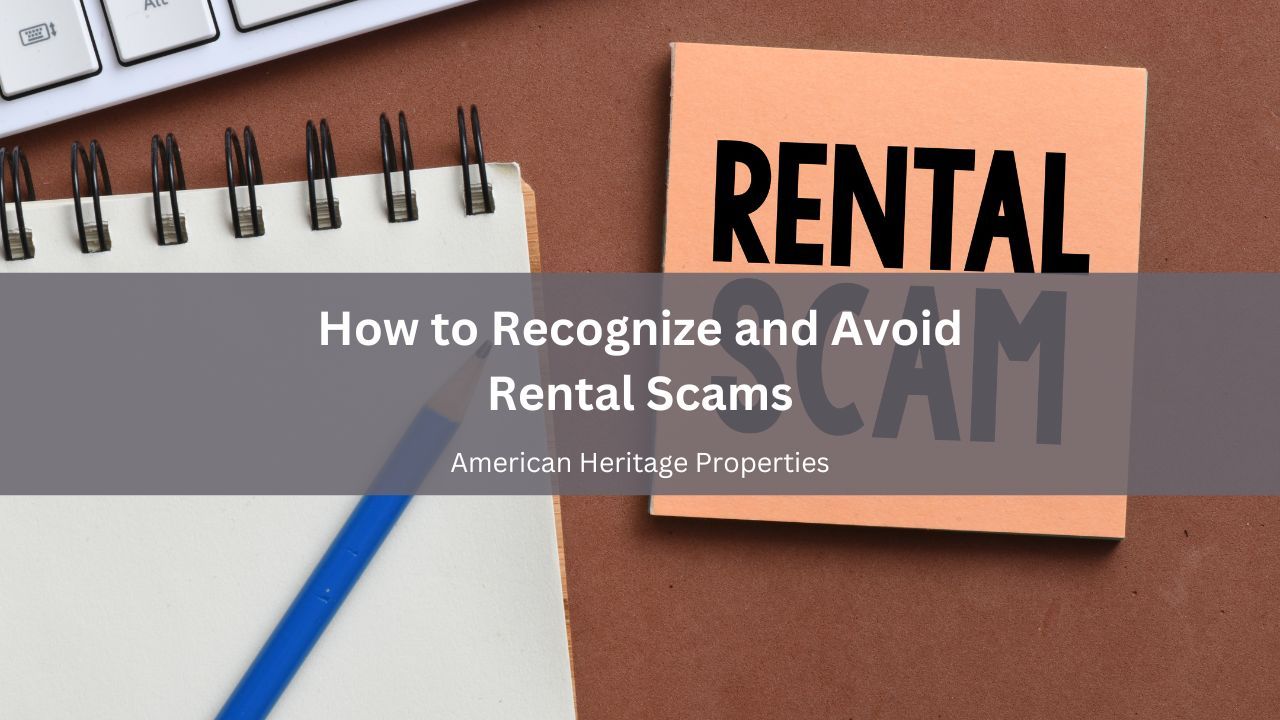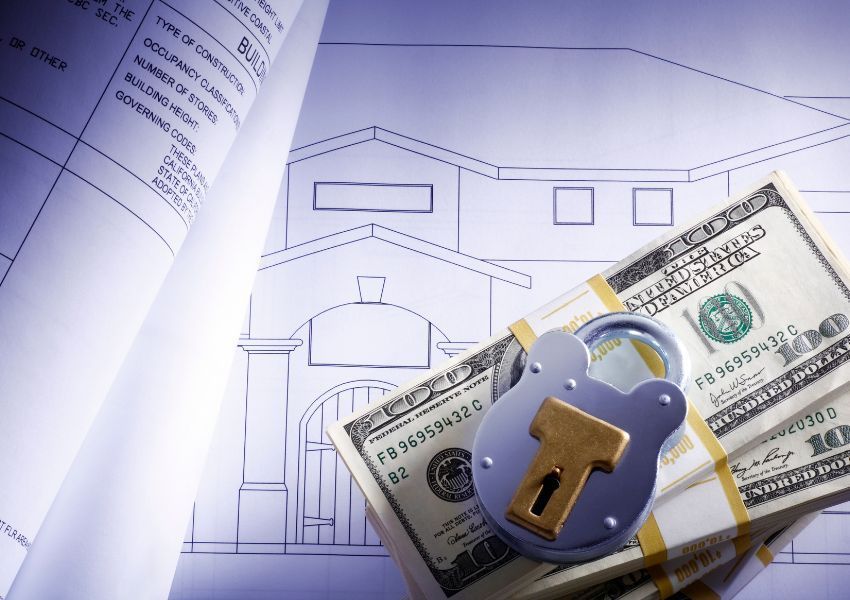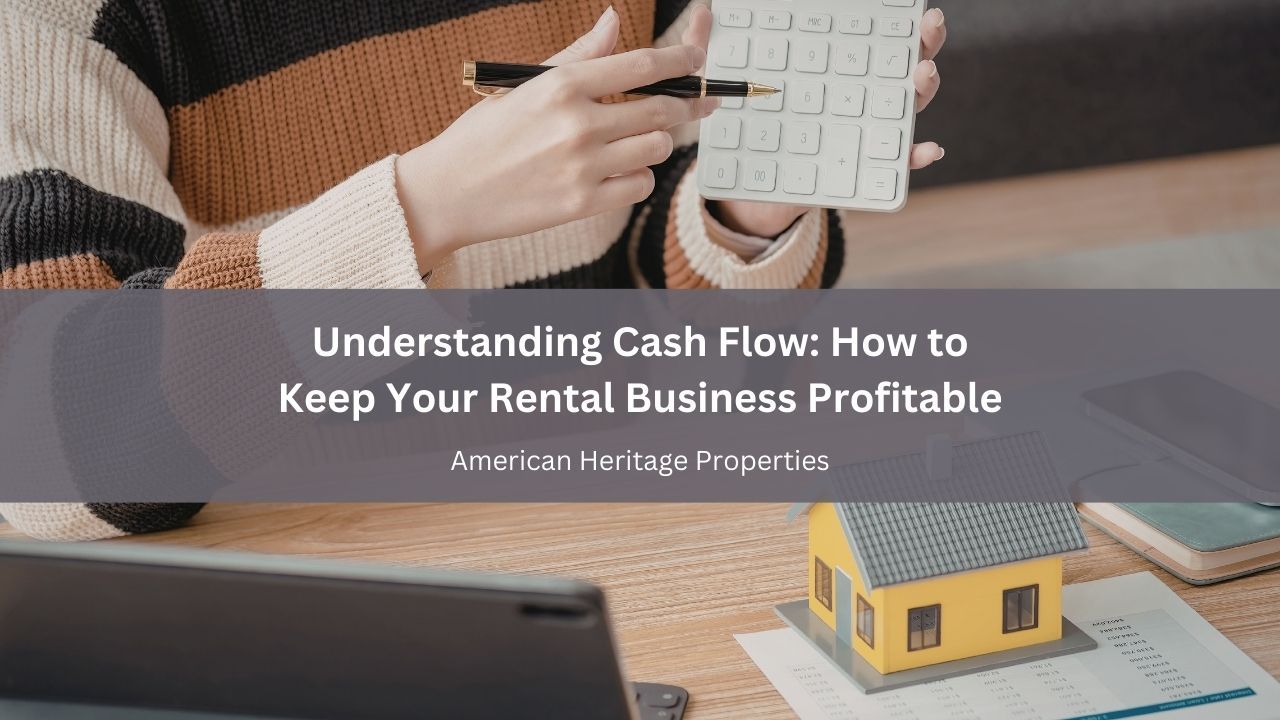How to Recognize and Avoid Rental Scams

Key Takeaways
Scammers Often Imitate Legitimate Listings - Rental scammers commonly copy legitimate property ads and repost them with altered contact information or pricing. This deceives prospective tenants and can severely damage the actual landlord’s reputation.
Red Flags Include Unusual Payment Requests and Unrealistic Deals - Common signs of rental scams include requests for advance payments via unconventional methods and pressure to act quickly.
Landlords Can Protect Themselves with Proactive Measures - To prevent being targeted, landlords should regularly monitor and watermark their listings, use secure advertising platforms. Partnering with a reputable property management company can also provide added protection.
_______________________________________________
When
advertising your rental property using online platforms, you’re able to reach a wider pool of prospective tenant. In turn, you are able to maximize your chances of landing the right tenant to fill your rental property.
That said, however welcome this opportunity has been, it hasn’t been without its challenges. Scammers are drawn to the rental advertising space, and this has had a significant impact on the affected landlord’s reputation. Fortunately for you, in today’s blog, we at American Heritage Properties will walk you through expert tips on how to recognize and avoid rental scams.

How can You Recognize Rental Scams?
To know how to avoid a rental scam, the first thing to do is to know how to recognize it in the first place. Here are the general phases of a rental scam:
The Scammer has Copied Your Rental Ad
It’s every landlord’s dream to fill a vacancy quickly. After a tenant leaves, you’ll want to create a rental ad and syndicate it far and wide to maximize your chances of landing the right tenant. For this reason, you’ll use a combination of both offline and online marketing tactics. Scammers, however, are now copying legitimate online rental listings and passing them off as their own. The danger in this is it takes money away from interested and willing tenants and hurts the actual landlords reputation in the process.
The Scammer Requests an Advance Payment from Tenants
Once an unsuspecting prospective tenant initiates a conversation, the scammer will pose as the landlord. They will answer the tenant’s inquiries, such as where the property is located, the monthly rent amount, and the amenities the property comes with. The scammer will then likely ask for an advance payment. More often than not, they will claim that the advance payment is to help secure the unit. This could be in the form of first and last month’s rent.

To make the deal enticing, the scammer will usually discount the rent amount. For example, if the prevailing rent amount in the area is $1,500, they can price it at $1,000 or even less. The tenant, thinking they are getting a great deal, may quickly send the money to seal the deal. Also important to note is that scammers will often use unusual payment gateways to make it harder to track the payments. Both landlords and tenants need to be aware of the practices to protect themselves.
The Scammer will Cease All Further Communication
After the scam is successful, the scammer will usually go silent. They will deactivate their phone number or even block the prospective tenant altogether. This point, the tenant will know they’ve been scammed, however, they may not realize is that it’s an online stranger who has done it. The tenant may then go to social media platforms to talk about the scamming incident that has happened to them. They may even caution other San Diego prospective tenants from renting out your property. This can have a significant impact on your reputation, even though you had no part in the scam.
Warning Signs of an Online Scam
Online rental scams often follow certain common patterns.

Here are some telltale signs:
- The scammer asks for a rent amount that is below the market average. This is to lure an unsuspecting tenant who might think they are getting the unit at a bargain.
- The scammer initiates contact out of the blue. For example, via a phone call, email, or even social media.
- The scammer creates a sense of urgency. This is to get the prospective resident to pay up quickly before they have time to stop red flags.
- The scammer requests that the tenant provide them with their financial or personal details. This can include things like social security number, bank details, or other sensitive information via a phone call or email.
- The scammer requests the tenant to send the payment using unconventional methods, such as gift cards, wire transfers, or cryptocurrencies.
- The scammer has difficulty providing specific details about the property, lease term, rental policies or local amenities.
- The scammer is unwilling to allow you access to the property for a tour.
How Can You Avoid Rental Scams as a Landlord?
The following are some of the things you can do to protect your property against rental scams.
- Be Vigilant - Regularly monitor your listings and report any fraudulent ones. You can also watermarked images to ensure no one else uses them.
- Use Secure Platforms - Use reputable online listings that have security features. This will make it harder for scammer to copy your listings.
- Be Responsive - Be accessible to tenants and respond to inquires quickly. Open communication and transparency will built trust with prospective tenants.
- Set Accurate Prices - Price your rentals accurately. Pricing them too high will deter tenants but if it’s too low this can leave tenants wary. Accurate and competitive prices will allow you to maximize earnings while attracting qualified tenants.
- Hire a Property Manager - Work with a reputable property management company. They’ll be able to not only market your property and protect you from scammers, managers can also handle all the day-to-day management tasks on your behalf.
Bottom Line
If your property is used in an online scam, you risk reputation damage. Consequently, you may have a hard time filling the vacancy, thereby incurring costly vacancy costs. Luckily for you, working with a reputable property manager can help safeguard your property against potential scams. At American Heritage Properties, we can help address all your specific needs for minimal stress and maximum ROI. Our specialty is in providing property owners with full-service property management solutions. Get in touch to learn more!









